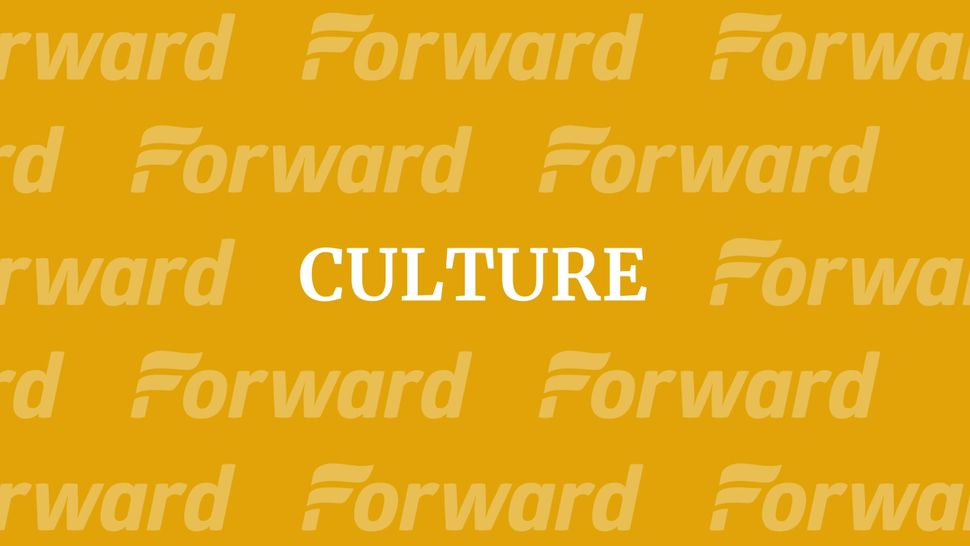A New Haven of Creativity in Jerusalem

American writer Grace Paley, a onetime resident of Mishkenot Sha?ananim.
The halls of the guest house at Mishkenot Sha’ananim, on the hillside outside the walls of the Old City of Jerusalem, are lined with photographs of the famous writers, musicians, scholars, actors and artists who stayed in residence here decades ago. The names include the likes of Pablo Casals, Grace Paley, Elizabeth Taylor and many others.
Today, after years of hiatus, the tradition of turning this historic spot into a haven of creativity was renewed. This time, Mishkenot, in partnership with the Foundation for Jewish Culture, has taken it up a notch, inaugurating the pilot program of what is being called the American Academy in Jerusalem. Modeled after similar successful academies in Rome and Berlin, the idea will be to bring great thinkers and creators to Jerusalem, to give them space for their work, and to encourage dialogue with the residents of this city of so much conflict and so much promise.
At the opening reception and program, the mood was sweet and hopeful. Jonathan Safran Foer and Nicole Krauss — among the new academy’s first fellows — paid tribute to the significance of Jerusalem in their work. This we might expect from the powerhouse married couple, writers just named to the New Yorker’s “20 under 40.”
Far less expected was Reggie Wilson, one of the other fellows, an African American choreographer who managed to persuade the audience to sing a hymn about Jerusalem that he first heard in a spiritual Baptist church in Trinidad.
And then a blind Israeli piano player sang John Lennon’s “Imagine” in Hebrew and Arabic.
And you could close your eyes for a moment and imagine what Jerusalem still means to the world.

I hope you appreciated this article. Before you go, I’d like to ask you to please support the Forward’s award-winning journalism this Passover.
In this age of misinformation, our work is needed like never before. We report on the news that matters most to American Jews, driven by truth, not ideology.
At a time when newsrooms are closing or cutting back, the Forward has removed its paywall. That means for the first time in our 126-year history, Forward journalism is free to everyone, everywhere. With an ongoing war, rising antisemitism, and a flood of disinformation that may affect the upcoming election, we believe that free and open access to Jewish journalism is imperative.
Readers like you make it all possible. Right now, we’re in the middle of our Passover Pledge Drive and we still need 300 people to step up and make a gift to sustain our trustworthy, independent journalism.
Make a gift of any size and become a Forward member today. You’ll support our mission to tell the American Jewish story fully and fairly.
— Rachel Fishman Feddersen, Publisher and CEO
Join our mission to tell the Jewish story fully and fairly.
Only 300 more gifts needed by April 30

























